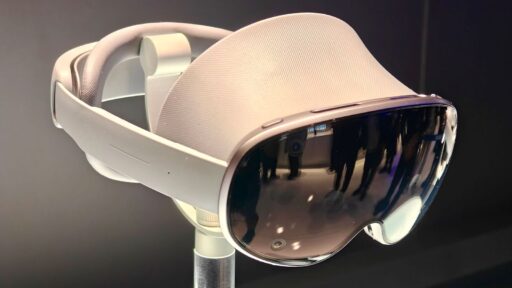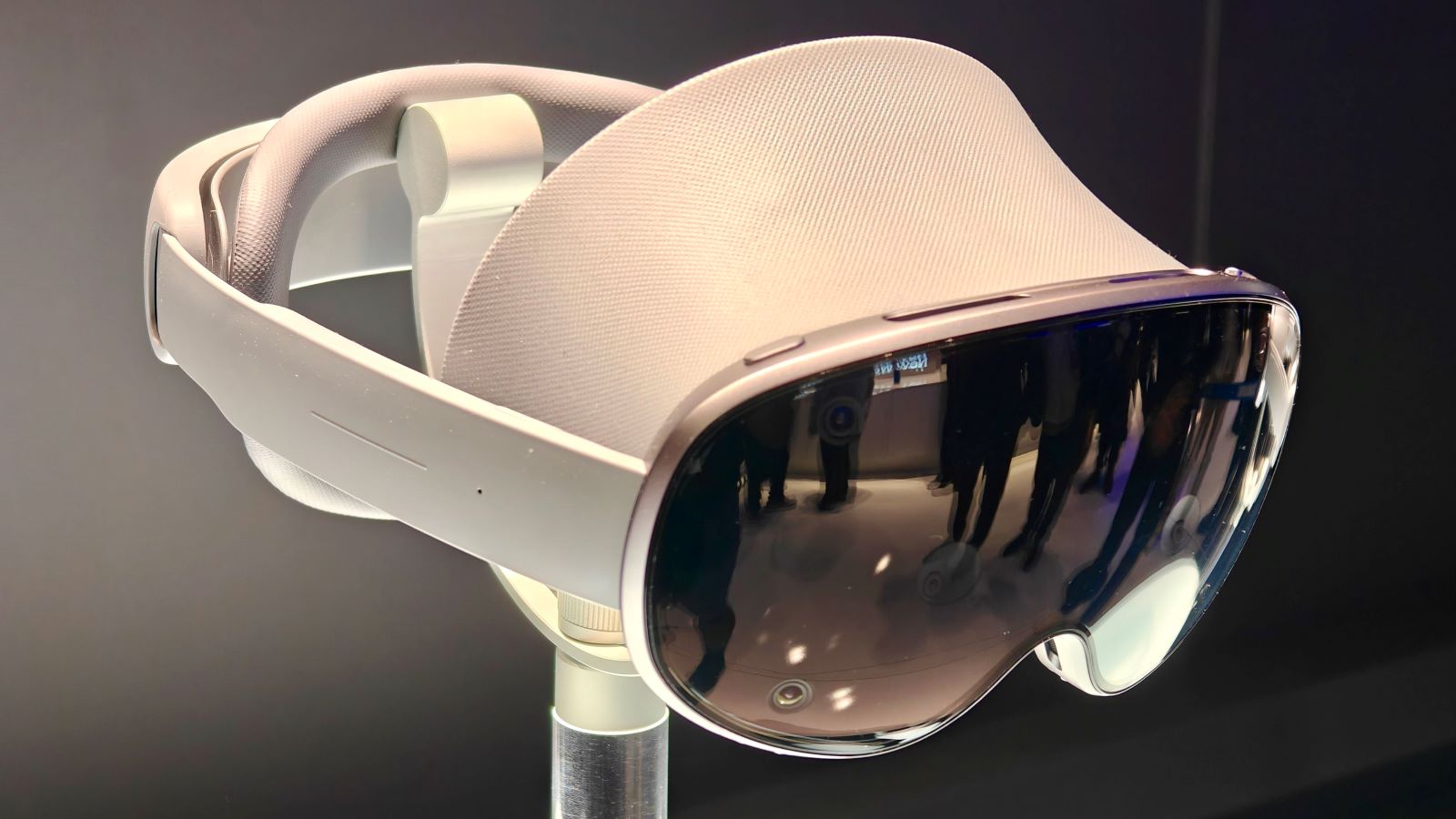Samsung’s long-rumored extended reality (XR) headset, known by its codename Project Moohan, looks like it may be arriving sooner than expected. Reports out of South Korea suggest the device could be revealed at a Galaxy Unpacked event on September 29, followed by a release in South Korea on October 13. A global rollout is expected to come later. What really stands out, however, is the possible price. If the reports are accurate, Samsung’s headset will cost noticeably less than Apple’s Vision Pro.
Key Takeaways
- Launch Date: September 29 at Galaxy Unpacked is the expected reveal.
- Release Date: October 13 in South Korea, with more regions to follow.
- Price: Between $1,790 and $2,865, positioning it below Apple’s $3,499 Vision Pro.
- Hardware: Powered by Qualcomm’s Snapdragon XR2+ Gen 2 chipset.
- Operating System: Runs on Android XR, Google’s new platform designed for these devices.
Pricing will be the most closely watched factor. Apple’s Vision Pro, at $3,499, has been praised for its technology but widely criticized for being too expensive for mainstream adoption. Samsung’s approach of offering a high-end XR device at a lower cost could shift the conversation, especially since the estimated range of 2.5 million to 4 million South Korean won puts it in more direct competition. It signals Samsung’s intent to carve out a strong place in this growing sector.
Project Moohan is not a solo effort. It is being built through a partnership between Samsung, Google, and Qualcomm. Samsung contributes its hardware expertise, Google is bringing the new Android XR operating system, and Qualcomm provides the Snapdragon XR2+ Gen 2 chipset. This chip is a customized version of the Snapdragon 8 Gen 2 seen in premium smartphones, fine-tuned to handle the heavier processing demands of XR applications.
The hardware details are equally interesting. Reports suggest the headset will feature 1.3-inch micro-OLED displays with around 3,800 pixels per inch, which is even sharper than the Vision Pro’s screens. The device may also come equipped with 12 cameras for tracking, along with integration of Gemini, Google’s AI assistant. Through its cameras and microphones, it can interpret the user’s surroundings, which is a key part of the Android XR platform.
Public reaction so far has been a mix of curiosity and cautious skepticism. Online discussions, especially on platforms like Reddit, show excitement around a more affordable headset that still offers advanced specs. Some believe this could encourage wider adoption of XR devices, while others remain doubtful about how polished a first-generation product from Samsung will be.
Samsung’s production goals suggest a careful strategy. The company is reportedly aiming to ship around 100,000 units by the end of 2025. That target is modest, but it shows Samsung wants to test the market before going all-in. The headset is also seen as part of a bigger roadmap that includes future devices like smart glasses, which could expand Samsung’s role in the wearable technology space.
Frequently Asked Questions
Q. What is the difference between VR, AR, and XR?
A. VR (Virtual Reality) is an immersive experience that fully replaces your view of the real world. AR (Augmented Reality) adds digital information to your view of the real world. XR (Extended Reality) is a term that includes both VR and AR, as well as mixed reality (MR), which blends real and digital objects together.
Q. Is the Samsung XR headset a standalone device?
A. Yes, the Samsung XR headset is a standalone device. It does not need to be connected to a computer or smartphone to function, as it has its own processor and operating system.
Q. What is Android XR?
A. Android XR is a new version of the Android operating system developed by Google specifically for extended reality headsets and smart glasses. It is designed to power immersive experiences and has deep integration with Google services and AI.
Q. What is the Snapdragon XR2+ Gen 2 chipset?
A. The Snapdragon XR2+ Gen 2 is a processor from Qualcomm designed for high-performance XR headsets. It provides a powerful CPU and GPU to handle demanding virtual and augmented reality applications.
Q. What is Gemini AI?
A. Gemini is Google’s family of AI models. In the context of the Samsung headset, Gemini AI can use the device’s cameras and microphones to process real-time information, helping with tasks like translation or giving instructions.





